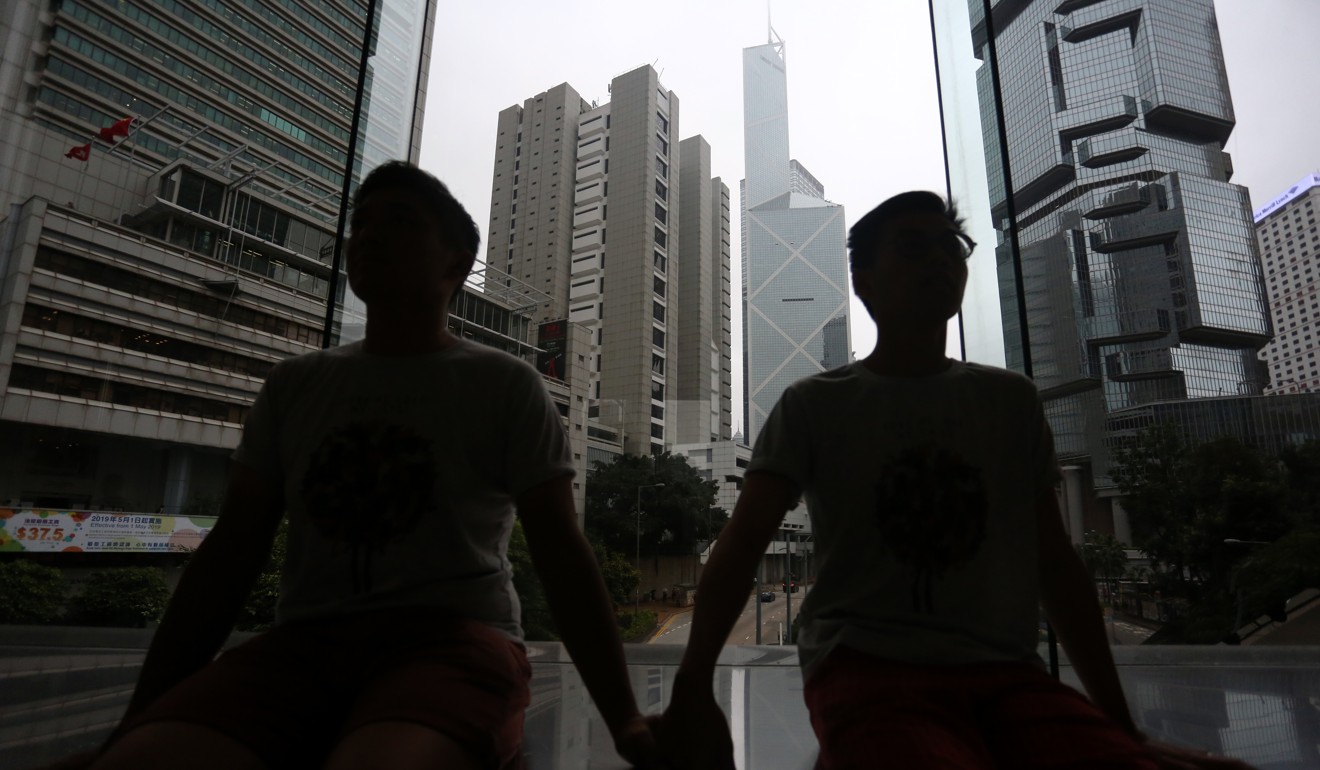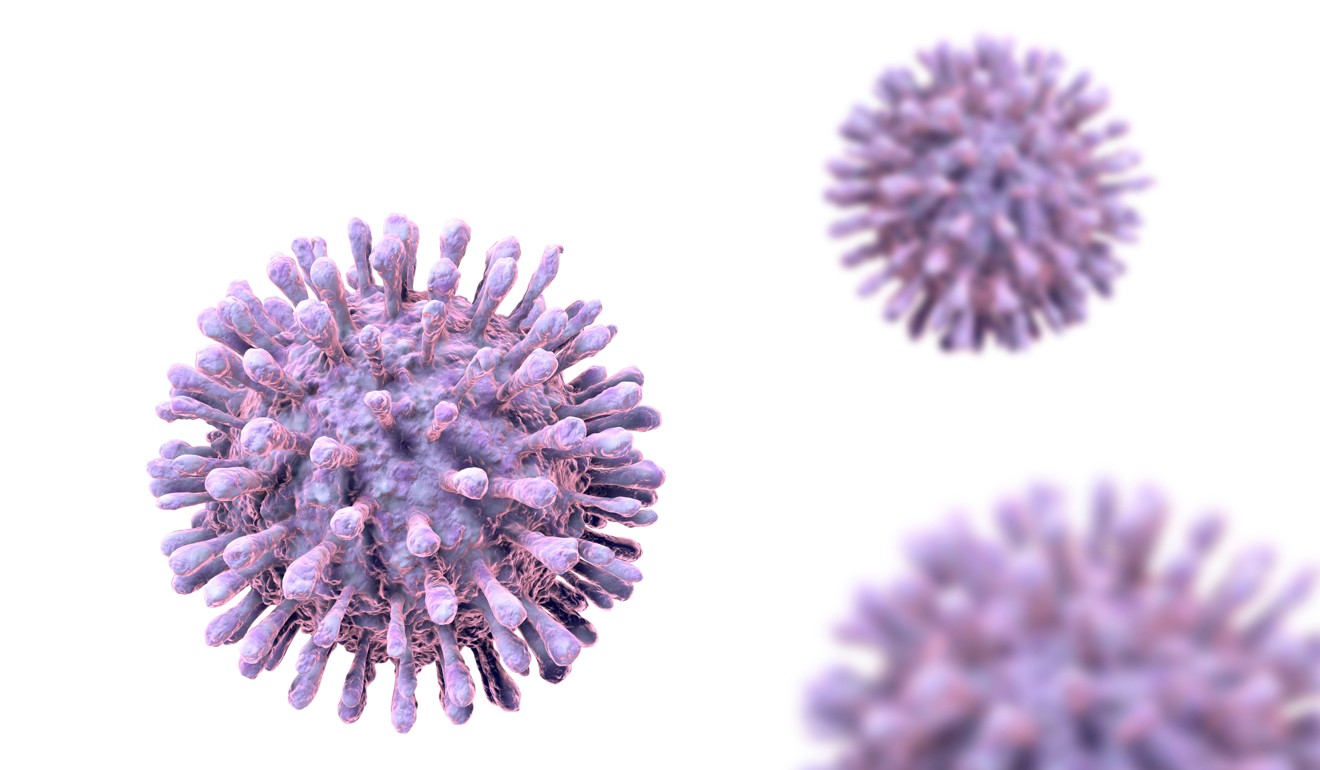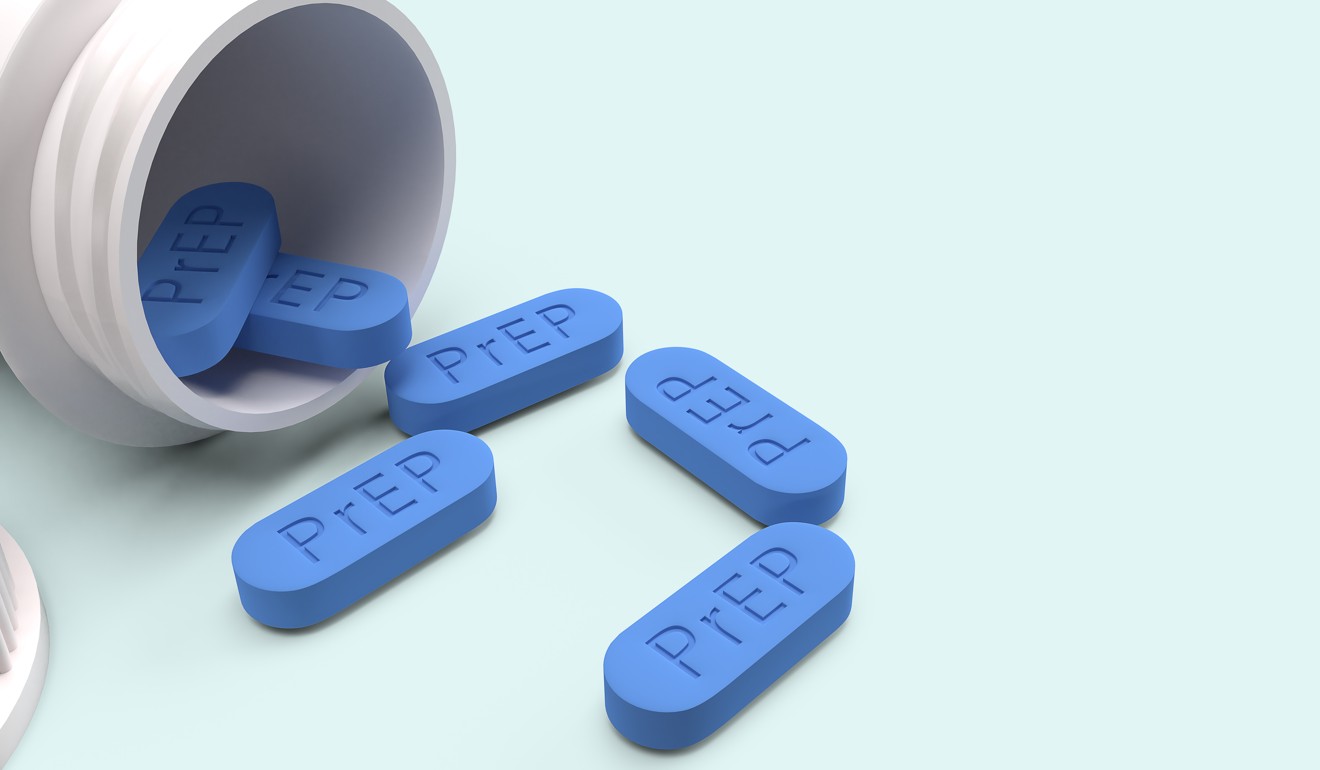
New HIV/Aids clinic offers help without stigma or judgement for Hongkongers
- HIV and Aids still carry much stigma, mainly due to ignorance, especially about transmission and infection
- Pulse Clinics are sexual health care venues for the LGBT community, helping patients without judging them
Discrimination against sexual minorities is rife in health care facilities in Asia. A jarring encounter at a hospital in Thailand in 2014 prompted Dr Deyn Natthakhet Yaemim to open an alternative venue in which LGBT community members like him are treated sensitively and, importantly, can access health care with ease.
After a night of drinking led to a session of unprotected sex, Deyn, in his 20s at the time, visited a Bangkok hospital to get an emergency anti-HIV drug known as post-exposure prophylaxis (PEP). This antiretroviral medication significantly reduces the chance of human immunodeficiency virus (HIV) infection, if taken within 72 hours of exposure.
The reaction from a nurse as he explained his predicament took him aback. “Are you gay? How can you behave like that?” she demanded to know, asking shame-inflicting questions in quick succession, including, “Why are you gay?”
Only after a lengthy inquisition did Deyn get the medication. “I don’t want that to happen to anyone,” he said, explaining how that incident eventually led him to open Pulse Clinic in Bangkok in 2015.

The recently opened Pulse Clinic in Central, Hong Kong – the fourth outpost Deyn has set up – welcomes patients from the LGBT community. Its motto is “Here to help, not to judge.” Expect friendly and discreet services. “We won’t blame or reject them, or refuse them treatment that they need,” Deyn says.
Cultivating open communication is vital to encourage patients to reveal relevant information for a doctor to prescribe an effective health strategy.

The first clinic in Bangkok was a family affair. Deyn’s mother, a nurse, supported the operation, his gay brother worked in reception, and his father in security.
“When we opened in Bangkok, it was like [clients] were coming to my family’s house and we treated them that way, like you would a friend or a relative,” Deyn recalls. Thanks to word of mouth, that first venue served 9,000 patients in its first year.
There are now three Pulse Clinics in Thailand including a branch in Phuket. Another is set to open in Kuala Lumpur.

Now Hongkongers can visit the clinic in Central, for sexual health services, STD screenings, HIV prevention and treatment strategies, and more. Confidentiality is assured.
We want to normalise it, that you can have sex, but when you have sex and when you do it with drugs, it comes with risks. You have to know all your risks to be able to manage and reduce them
Angus (not his real name), a Hong Kong-born Chinese man who has lived in Canada for 35 years, has been living with HIV for about 20 years. The 56-year-old keeps his status as low-key as possible, as “Hong Kong is a close-minded, backward and discriminatory society.” He says there is no reason for him to tell his parents as they would not understand. He has told only his open-minded peers and relatives.
Thanks to anti-HIV drugs, Angus leads an ordinary life. He would like the government to do more to raise awareness of the facts concerning people living with HIV. He credits NGOs such as the Hong Kong Aids Foundation for the “considerate and compassionate” help he has received.

It has been 35 years since Hong Kong recorded its first HIV infection and since then, there have been 9,998 HIV infections and 2,051 Aids cases in total.
Generally, the incidence of HIV/Aids in the city increased from 1984 to its peak in 2015 (725 new HIV cases, 110 new Aids cases). The Centre for Health Protection says there were 624 new HIV cases in 2018 (down nine per cent on 2017) and 139 Aids cases (up 52 per cent).

While condom use remains the most popular barrier against HIV infection, Prep is also effective. It is commonly referred to as “U=U” or undetectable equals untransmittable.
Deyn cites partner studies (in which one is HIV positive, the other HIV negative) having almost “zero chance” of cross infection on this drug regimen. “The protection would be 99 per cent so it’s even better than a condom. However, Prep only prevents you from HIV, not other sexually transmitted diseases, so it is recommended you still use a condom,” he notes.
Research backs such claims. That includes a landmark study published in The Lancet this year that tracked about 1,000 male couples across Europe for eight years (HIV positive gay men and their HIV negative partners) and found, thanks to antiretroviral drugs, there was no chance the HIV positive individual could infect the other, even though many participants reported having unprotected sex during that period.

The study stated “the risk of HIV transmission in gay couples through condomless sex when the HIV viral load is suppressed is effectively zero.”
Stigma inhibits people in the LGBT community from seeking health services. According to Deyn, when they don’t have these services, HIV rates will continue to rise.
Everyone needs love and intimacy he says. “We want to normalise it, that you can have sex, but when you have sex and when you do it with drugs, it comes with risks. You have to know all your risks to be able to manage and reduce [them].”
The Pulse Clinic is at 2/F, 83 Wellington St, Central, tel: 2389 8250
Hong Kong Aids Foundation has a new consulting and activity centre at Tung Chun Commercial Centre, 438-444 Shanghai St, Mong Kok. Its Aids helpline is 2513 0513.
TWO HONG KONG EVENTS FOR WORLD AIDS DAY
On World Aids Day on December 1, there are two fundraising events to raise awareness and support the HIV/Aids community.
Run for an Aids Free World Charity Run
Hong Kong Aids Foundation is hosting this 5km/10km event at the Sunny Bay Promenade on Lantau Island. For more information call 3590 2208.
Pride Run
This debut event by Facebook group Out in Hong Kong (which has 6,000 LGBT members) will be held at Aberdeen Country Park. Proceeds will benefit LBGT charities including Aids Concern. For more information call 5322 7983.

